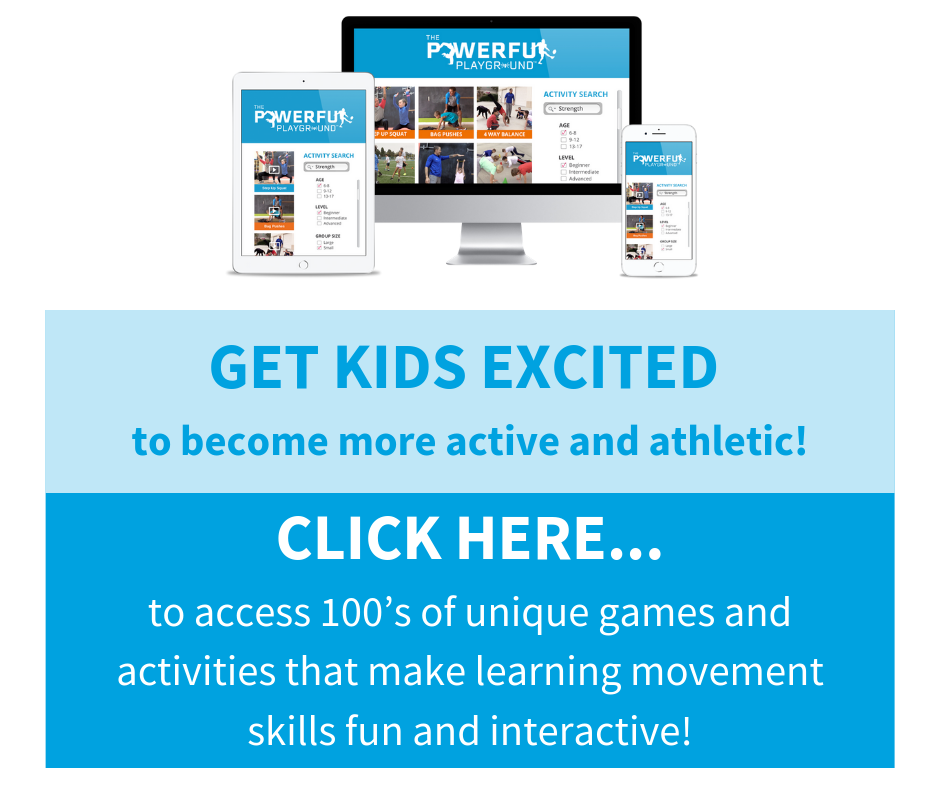Athletic talents can make you a hometown hero. Why is it then, that so many hometown heroes end up failing to make it to the highest levels of a sport?
The answer is character. As teachers, coaches, or fitness professionals, we are tasked with shaping the physical attributes of youngsters. Is it possible to take the next step and actually have an objective means by which to actually teach and assess character?
I remember playing golf with NHL hockey player Joe Pavelski the summer before he left for college at the University of Wisconsin. It was around the third hole and his phone rang. He calmly answered it but didn’t say much. He hung up and continued teeing up his shot. I could tell something was wrong. Joe wasn’t talking much and he was noticeably disappointed.
This adversity all of a sudden turned into laser like focus as he went on a birdie, birdie, eagle streak the next three holes. Finally, Joe mentions that he just got drafted in the 5th round of the NHL. He was expected to go much higher, and he was a little embarrassed.
People were not giving him the respect others were getting.
Instead of accepting the relatively low NHL bid, Joe went down to play at the University of Wisconsin with an incredible drive to be great and to earn it. He ended up captaining the Wisconsin hockey team, leading them to a national championship, then onto the San Jose Sharks where he now is an NHL all star also playing for Team USA in the Olympics.
Joe has turned his success into an opportunity to give back to his community every summer. Through his camps and other fund raising efforts, local parents do not have to pay a penny to get their kids involved with hockey.
Character and resilience to adversity created not only an opportunity for one, but now many others. I tell that story all of the time to our kids at school because of the adversity and the drive to work hard to get what you want. As a matter a fact, we take developing character a step further in our school district.
In Stevens Point we have designed a positive behavior intervention system (PBIS). This is a state recognized common language growth model that is used in every classroom to shape character. It has now evolved into our youth coaching community, the after school programs run by the YMCA and Boys and Girls Clubs. It is amazing how something this simple can make such a big impact on a community.
The Baseline: Level 3
Everything has to have a baseline. Level 3 is exactly that. These are basic expectations we have for kids. Cleaning up after themselves, turning in their homework or play games fairly. Most kids hover in this zone but some move up, and some unfortunately move down where we need to redirect growth.
You get more at 4!
This is the Joe Pavelski level. What are you doing to challenge yourself to get better? These are the kids that consistently do extra dribbling drills, reps in the weight room or run additional laps. When you see this behavior you reward it. We do this all of the time and want our kids to understand that you get more in life or at 4, if they push themselves.
Strive for 5!
This is the elite level where we train kids to help others and lead groups. Kids need to be challenged to talk in front of others or they will struggle to develop this life changing confidence. If you can get youth or your teams to strive for 5, they will thrive! This is the environment that is special and will maximize learning or performance.
Simply put, these lessons translate perfectly to the business world. Here is how this growth model would look on the job:
Level 5 – Get promoted
Level 4 – Get a raise or bonus
Level 3 – On the bubble if job cuts happen
Level 2 – Get fired
Here are some basic strategies to use when training character during group games or team building activities.
1. Let Kids Fail – That is how growth happens
2. Don’t Control the Activity – Let one of the kids be the leader
3. Simple Objectives – You need to get your entire team from here to here. Let them problem solve.
4. Change Roles – Kathy is now in charge of the group
5. Reward Positive Communication
Hopefully by sharing Joe’s story and our best practices in Steven’s Point, we can help others build not just better students and athletes, but better human beings!






Connect with SPIDERfit!